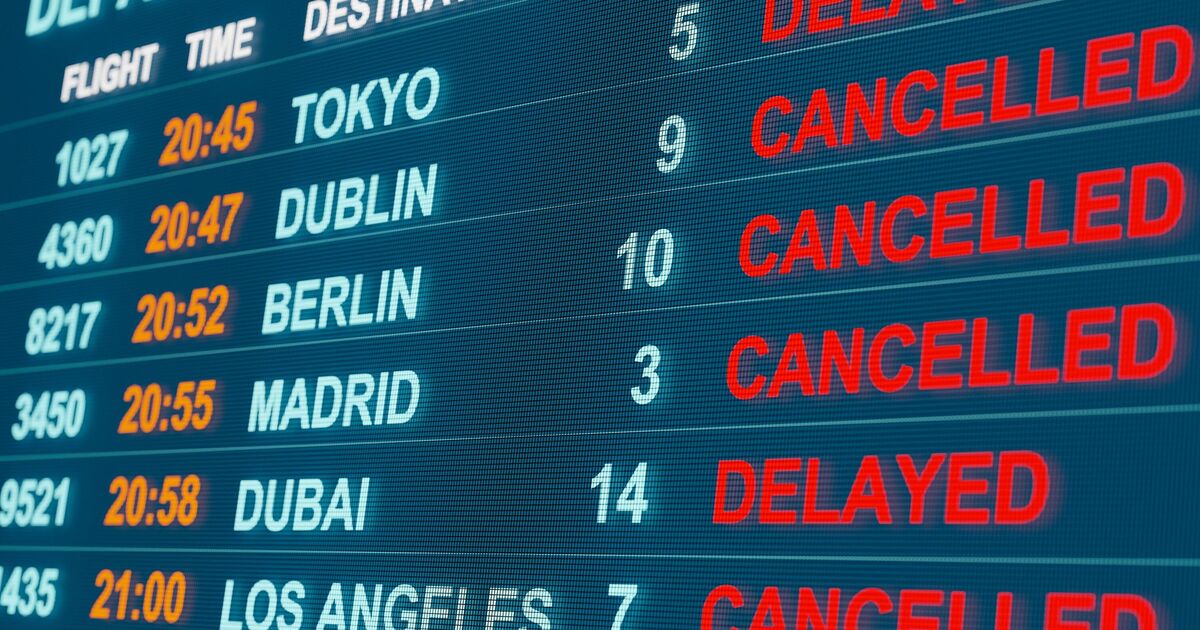

Strikes are expected to cause major travel disruption for tourists in a popular European destination. A nationwide aviation strike is scheduled to take place across Italy on Friday, May 9, between 1pm and 5pm local time. It is predicted to impact flight schedules, passenger check-in, and baggage handling across the country.
The Assohandlers association, which represents baggage handlers and ground staff working with airlines including easyJet, Ryanair, and Wizz Air, have organised the industrial action. Staff at the Milan-Linate airport for Swissport Italy and employees at Venice airport are also set to stage separate strikes at the same time, as well as some public transport operators.
Travellers are strongly advised to monitor communications from their airlines and official airport authorities for the most current updates.
Ivaylo Danailov, CEO of airline compensation specialists SkyRefund, predicted how travellers may be impacted.
He said: “Given that the strike is scheduled during the peak afternoon hours on Friday, it has the potential to significantly disrupt travel plans, particularly for passengers with tight connections or time-sensitive itineraries.
"Any reduction in personnel may result in delays to baggage handling, aircraft turnaround, and boarding procedures."
Flight delay compensation is a legal entitlement for passengers whose flights arrive at the final destination three hours later than scheduled. Passengers can claim compensation for flight delays over three hours if it is the fault of the airline.
Danailov explained: "This compensation exists to ensure that passengers receive financial compensation for the inconvenience. There are, however, certain conditions that must be met before you can claim."
This includes factors like flight distance, arrival delay, and airline responsibility. If a delay exceeds five hours, passengers have the right to cancel their flight and receive a full refund, according to Danailov.
He added: "Airlines must provide food, drinks, and hotel stays during extended delays, even when compensation isn’t owed, under the 'Right to Care' rules."